Mini Symposia
Mini Symposium, MS-1
Building Research Careers in Structural Control and Monitoring
Monday, June 6 13:00 - 14:30, Auditorium Room 101
Login to make reservation and to get the Zoom link and passcode
Synopsis: This mini symposium aims to provide opportunities to (i) get guidance on how to navigate through the first few years of academic and research career, (ii) share experience and wisdom of pursuing academic and research career paths, and (iii) network with peers and experts in structural control and monitoring fields, form mentor-mentee relationships. This symposium is specially to help junior members of our community, including graduate students, postdocs, and early-career faculty. Topics include but are not limited to advice for career paths (universities, national labs, government & industry) for those at different career levels (graduates, postdocs & junior faculty), emerging research trends and topics, job preparation and application tips, relationships with advisors and colleagues, and diversity and inclusion. Our panelists consist of field experts at various stages in academia and national laboratories. They will share their useful career experiences and insights through short presentations followed by a Q&A session. To provide opportunities to have in-depth discussions on specific topics, we will hold small group sessions for in-person attendees and Zoom breakout rooms for virtual attendees. We hope this symposium will provide opportunities for people to meet and better understand and nurture our community.
Panelists
-
Dr. Chuck Farrar, Engineering Institute Leader of National Security Education Center, Los Alamos National Laboratory, U.S.A. (virtual) (Link)
-
Dr. Mohammad Jahanshahi, Associate Professor of Civil Engineering, Purdue University, U.S.A. (Link)
-
Dr. Haeyoung Noh, Associate Professor of Civil and Environmental Engineering, Stanford University, U.S.A. (virtual) (Link)
-
Dr. Audrey Oliver, Assistant Professor of Civil Engineering, University of Southern California, U.S.A. (in-person) (Link)
Moderator:
-
Dr. Hae-Bum (Andrew) Yun, Associate Professor of Civil Engineering, University of Central Florida, U.S.A. (Link)
Panelists
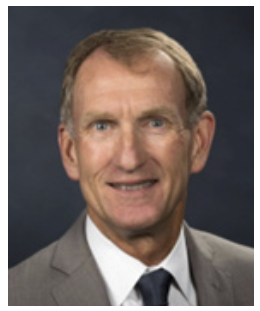
|
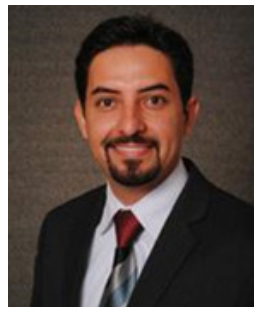
|
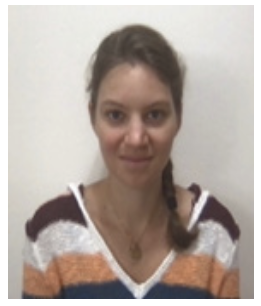
|
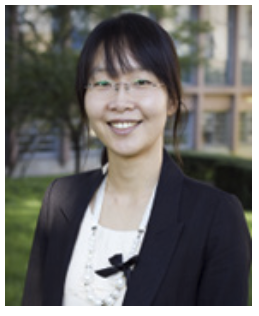
|
|
Chuck Farrar LANL, U.S.A. |
Mohammad Jahanshahi Purdue University, U.S.A. |
Audrey Olivier University of Southern California, U.S.A. |
Haeyoung Noh Stanford University, U.S.A. |
Moderator
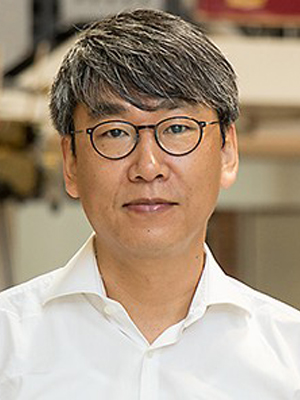
|
|
Hae-Bum Yun University of Central Florida, U.S.A. |
| # | Mentor | Website | Time Zone | Date | Time | Room | Zoom | Passcode | Mode |
|---|---|---|---|---|---|---|---|---|---|
| MS 1-1 | David Wagg | Link | Eastern Time | 6/6/22 | 14:30:00 - 15:15:00 | Room 102R | Link | Login to get the passcode | In-person |
| MS 1-2 | Audrey Olivier | Link | Eastern Time | 6/8/22 | 10:30:00 - 11:15:00 | Room 102R | Link | Login to get the passcode | In-person |
| MS 1-3 | ZhiQian Chen | Link | Eastern Time | 6/7/22 | 14:30:00 - 15:15:00 | Room 102R | Link | Login to get the passcode | In-person |
| MS 1-4 | Robin Eunju Kim | Link | Eastern Time | 6/7/22 | 15:30:00 - 16:15:00 | Room 102R | Link | Login to get the passcode | In-person |
| MS 1-5 | Yougchao Yang | Link | Eastern Time | 6/6/22 | 14:30:00 - 15:15:00 | - | link | Login to get the passcode | Virtual |
| MS 1-6 | Chul-Woo Kim | Link | Japan Standard Time | 6/7/22 | 13:00:00 - 14:30:00 | - | Link | Login to get the passcode | Virtual |
| MS 1-7 | Hadi Meidani | Link | Eastern Time | 6/8/22 | 13:00:00 - 14:30:00 | - | Link | Login to get the passcode | Virtual |
| MS 1-8 | Mustafa Gul | Link | Mountain Time | 6/8/22 | 13:00:00 - 14:30:00 | - | Link | Login to get the passcode | Virtual |
| MS 1-9 | Jun Li | Link | Australia Western Standard Time | 6/8/22 | 13:00:00 - 14:30:00 | - | Link | Login to get the passcode | Virtual |
Mini Symposium, MS-2
Smart Cities and Smart Tourism
Tuesday, June 7 13:00 - 14:30, Auditorium Room 101
Login to make reservation and to get the Zoom link and passcode
Synopsis:
Smart Cities are interconnected complex systems including components such as people, built environment, operations, economic and social-organizational aspects. Smart cities will combine sensing, communications, and management technologies to create urban environments that are adaptable, connected, able to be monitored at any given time and focused on the achievement of a specific set of objectives. As technology continues to transform the infrastructure sector, artificial intelligence, sensing, the Internet of Things, and various in-sight era technologies provide emergent opportunities for smart cities to improve quality of lives of people, improve efficiency in operations and contribute to “green communities”. New generation of smart cities can take advantage of such developments while recognizing that natural, technological, and human-caused hazards, pandemics can take a high toll on communities, costing in lives, livelihoods and quality of life if such disaster risks are not considered and managed. Some of the major cities such as New York, Las Vegas, Orlando in the USA also receive large number of visitors/tourists contributing greatly to local and state economies. Tourism businesses may need to prepare challenges such revisioning, leading, coordinating, and planning tourism destinations for destination marketing and management organizations in a smart city. Therefore, smart tourism is a part of the interconnected smart city system.
Given the abovementioned challenges, how should different stakeholders for such cities address these complex systems issues? What and how emergent technologies could facilitate the transition towards a resilient, economically and socially vibrant smart city with smart tourism? The Smart Cities and Smart Tourism Mini-symposium will gather experts with backgrounds in built infrastructure, novel technologies, tourism industry to discuss the opportunities challenges of smart city and smart tourism development and unpack existing technological trends and advances. The expert panelist listed below will bring their own perspectives to Smart City concepts and implementations especially considering major cities have to consider smart tourism as an integral part of the economy, people, and operations along with built environment and advanced technologies.
Panelists
-
Dr. Andrew Smyth, Professor of Civil Engineering & Chair of the Smart Cities Center, Columbia University, New York (Link)
-
Dr. Therese McAllister, Community Resilience Group Leader, National Institute of Standards and Technology (Link)
-
Ms. Mital Hall, PMP, LEEd AB O+M, CC-P, Vice President, ecoPreserve Inc.
-
Mr. Jeff Benavides, Chief Sustainability & Resilience Officer at Orange County, Orange County, Florida (Link)
Moderator:
-
Dr. Arthur Huang, Assistant Professor, Rosen College of Hospitality Management, University of Central Florida (Link)
-
Dr. Necati Catbas, Professor, College of Engineering and Computer Science, University of Central Florida (Link)
Panelists
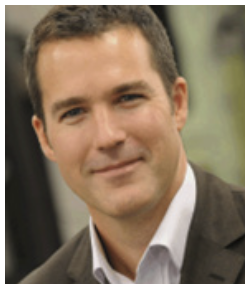
|
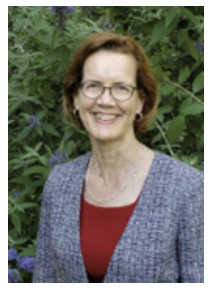
|

|
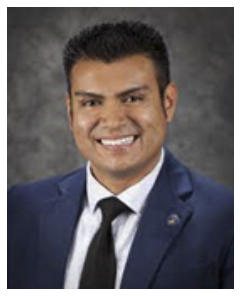
|
|
Andrew Smyth Columbia University, U.S.A. |
Therese McAllister NIST, U.S.A. |
Mital Hall ecoPreserve Inc. U.S.A. |
Jeff Benavides Orange County Government, U.S.A. |
Moderator
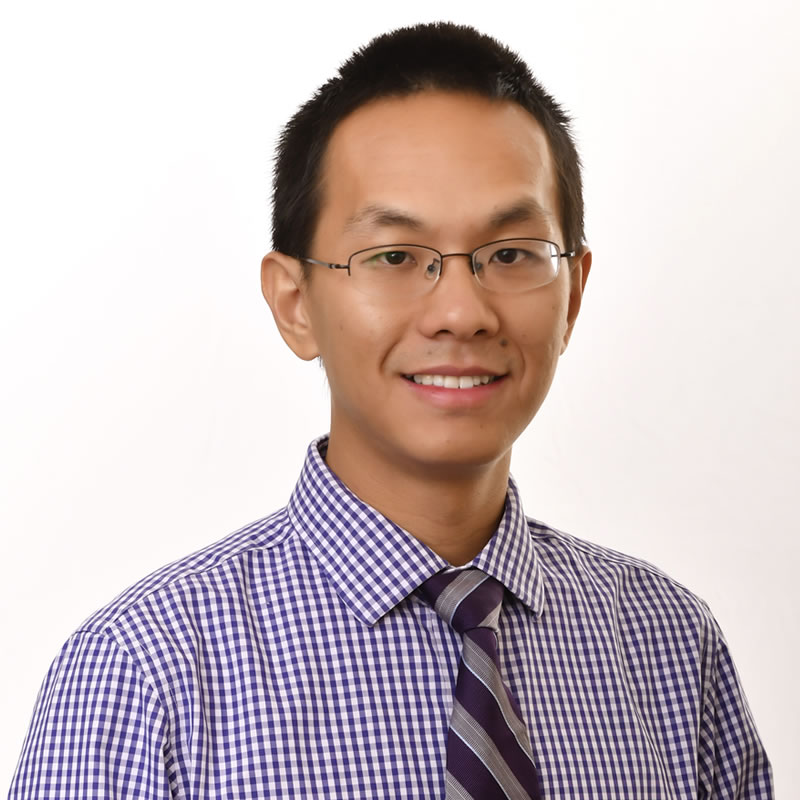
|
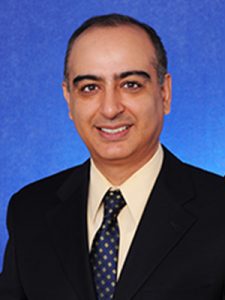
|
|
Arthur Huang University of Central Florida, U.S.A. |
Necati Catbas University of Central Florida, U.S.A. |
